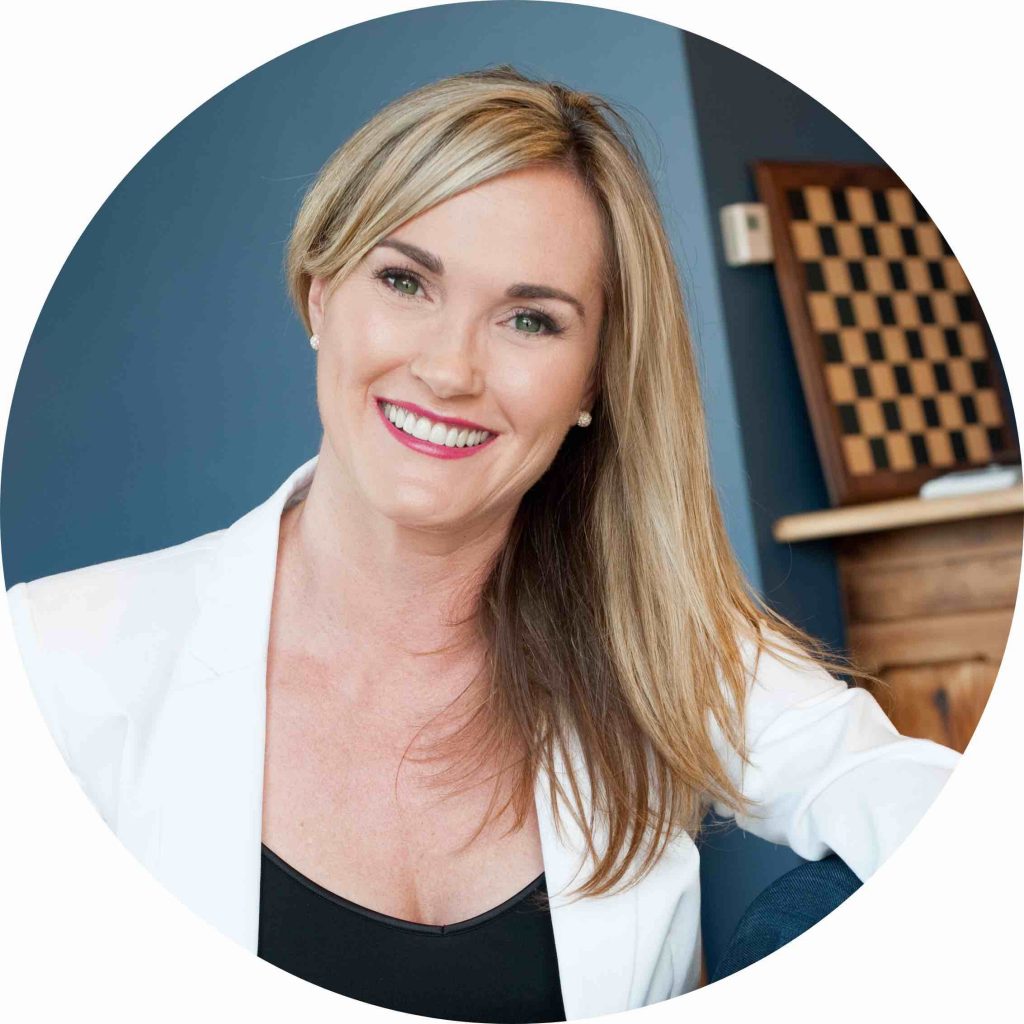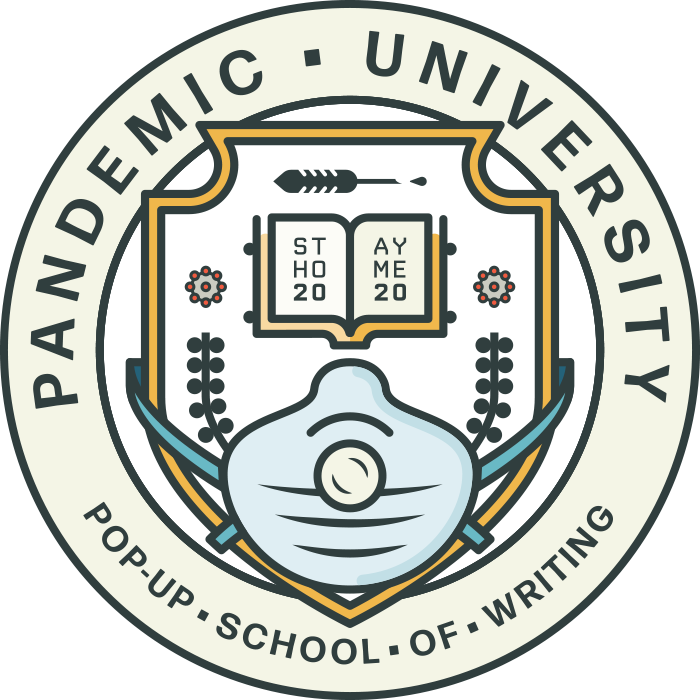
Jennifer Hamilton built a storied career as an editor. She gave most of her twenty-plus-years in publishing to Avenue Calgary, a glossy city-lifestyle magazine, where her job was to stay “in the know” of everything new, cool, and essential in the cosmopolitan city.
Not a bad way to make a living, or live, for that matter.
Then the pandemic struck the publishing industry. By mid-April, the executive editor and several colleagues were suddenly out of work.
So, how do you find your bearings and soothe your ego when a global recession T-bones your income and identity? Sounds like the start of a great “how-to” article that only this avid snowboarder, tennis player, and traveller could answer.
When PanU asked, Jennifer painted us a picture of positivity and opportunity to make overdue changes and to pursue new avenues. (Get it?)
There’s more to learn from her on Jul. 16, when she teaches “How to How-to: A Guide to Service Journalism.” Join her as she covers the gamut from brainstorming through planning and designing, so that you, too, can write the kind of stories that make readers’ lives easier, richer, or just plain better.
Register now for How to How-to (C$20)Why did you want to teach about service journalism?
Service journalism can get a bad rap among traditionalists who believe anything other than serious news, investigative journalism, and long-form writing is junk.
And it’s true — lots of how-to stories are click-bait junk generated by marketers rather than journalists. But, done well, service stories provide excellent counter-programming to the seriousness of news. It informs, entertains and delights—and I like that. As an editor of Avenue Calgary, I evolved into doing lots of service journalism because those stories are such a great way to connect readers with things to see and do, eat and drink, in the city.
To be a good journalist, you need to be inherently curious, and traveling fuels that curiosity like nothing else for me.
How has it been transitioning from the role of executive editor to freelance writer, and during a pandemic, no less?
It has been emotional. A lot of my identity was related to my role at Avenue, so when I lost my job after fifteen-plus years, I lost a little of myself. In hindsight, that was more ego than anything else because once I decided to embrace the gift of free time that I’d been given, I realized I was well overdue for a change and new challenges. What those are, I don’t exactly know, but I’m grateful for the space to figure it out. (Editor’s note: Jennifer also got a new puppy named Molly, who is criminally adorable.)
What’s your favourite way to detox from writing when you need to hit refresh and find new inspiration?
Exercise of all sorts is still an important part of my life, especially when it involves cute outfits, but I don’t hurl myself down mountains like I used to when I lived in Fernie, B.C. part-time. Prior to the pandemic, my husband and I traveled a lot, and I would find inspiration wherever we went, but definitely more in cafés than cathedrals.
Last year, you reached your goal of visiting 50 countries by your 50th year. Has that produced any creative inspiration?
Absolutely! Every place I’ve been, every person I’ve met, has impacted me to some degree. To be a good journalist, you need to be inherently curious, and travelling fuels that curiosity like nothing else for me.
My best stories are from when experiences went all wrong. Who wants to hear about that time I stayed in a really nice, clean hotel with no rats, and I successfully saw all the main tourist sights?
Which books, movies and TV are getting you through the pandemic?
We watched all the Marvel movies in chronological order, which was awesome! I just finished a series by A.D. Scott — they’re murder mysteries set in the Scottish Highlands. The first book is called A Small Death in the Great Glen. My mum is a Highlander, so there’s that connection to my heritage.
The interview has been edited for clarity and brevity.
Register now for How to How-to (C$20)